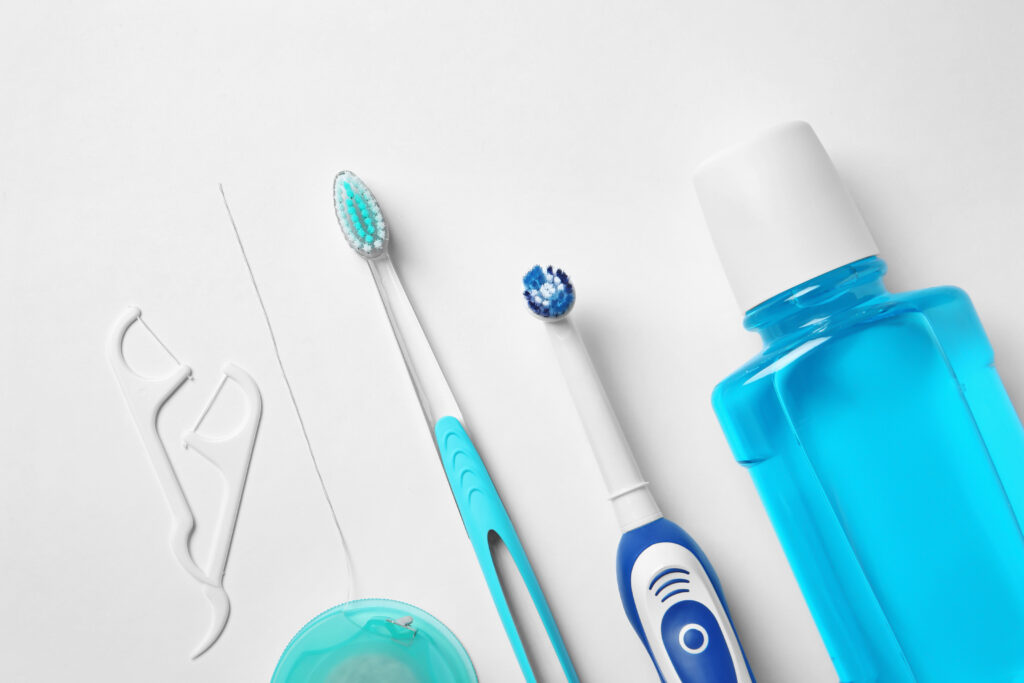If you’ve made the commitment to strive to improve your health this year, this should entail taking care of every aspect that contributes to your overall health. This should include your oral health. Unfortunately, people don’t give oral hygiene much thought and too often it falls at the bottom of their priority list. However, the truth is that your oral health is just as important as all other facets of your physical health.
Oral health, or oral hygiene, isn’t only limited to the teeth per se. Rather, it covers everything in your mouth, including the gums, tongue, and throat, as it leads to all other organs in this area of your body.
That said, here are six convincing reasons why your oral hygiene deserves special attention:
1. It Can Improve Your Mental Health
Your smile can easily affect your confidence. After all, when you aren’t confident about your smile, then you may be anxious to show it to people. Physical looks aren’t everything, but it can’t be denied that people often make their first impressions on how you look when you smile. If you’re employed in a job where your smile matters, this becomes even more pressing.
A regular visit to the dentist will help you learn about the best oral hygiene practices and more helpful advices to apply at home. When you practice these, you can drastically improve the overall condition of your smile. Now that you have this newfound smile, it’ll also make you more confident, thus drastically improving the state of your mental health.
2. It Can Help Reduce The Onset Of Oral And Facial Pain
Oral and facial pain is also a common problem for many people. Typically, this happens when there’s an infection in the gums which supports the teeth. Because of this infection, you may also experience tooth loss.
Once you start to feel and experience oral and facial pain, it’s very important to give attention to it immediately. Your dentist will also show you how simple improvements in your oral hygiene like flossing every day can reduce bacterial infection, thereby also preventing the onset of oral and facial pain.
3. It Reduces The Likelihood Of Developing Oral Health Conditions
Common oral health conditions include tooth decay, oral cancer, oro-dental trauma, and gangrenous disease that starts in the mouth. Proper oral hygiene can reduce the likelihood of these oral health conditions because these are mostly preventable in their early stages.
Typically, these oral health conditions begin to develop when oral hygiene is poor. It also starts when there’s inadequate exposure to fluoride and access to oral health services. Maintaining healthy oral health practices is as simple as brushing your teeth with fluoride toothpaste twice a day. However, while these practices are simple, there are still many who might neglect this advice, thereby putting them at a higher risk of oral health problems.
4. It Lowers The Risk Of Heart And Organ Problems
While only a small part of the body, your oral health can also lead to other conditions of your heart and organs. That’s precisely why oral health should be considered an essential part of improving your overall health.
For example, bacterial endocarditis, which is a condition that affects people with heart disease or damaged heart tissue, can cause the heart and heart valves to become inflamed. As a result, this leads to heart problems, which, if left to prosper, can turn into potentially life-threatening conditions.
5. It Prevents Tooth Decay
Tooth decay isn’t just unsightly, but it’s also painful. Depending on the depth of the decay, this can mean extreme discomfort.
Tooth decay, or dental caries, happens when plaque starts to form on the tooth’s surface. In this process, the free sugars contained in food and drinks are converted into acids that can destroy the teeth in the long run.
The danger with tooth decay is that it can go beyond just discomfort. It can also lead to tooth loss and infection.
6. It May Result In Digestion Problems
Remember that it’s in the mouth where the process of digestion starts. Of course, there’s nothing to digest when there’s nothing to swallow. Food can’t just be swallowed immediately; it has to be chewed.
The chemical process that starts in the mouth is crucial. When your saliva can work properly, the acids in it can help neutralize food so it’s safe and small enough to go through the esophageal tract, then off to the digestive system.
If this process doesn’t work well, then the problems can lead to intestinal failure, digestive disorders, and irritable bowel syndrome, among others.
Conclusion
Good oral health and dental hygiene go beyond just taking care of your smile and solving bad breath. As you can see, it can also prevent the onset of many diseases and improve your overall well-being. Albeit just a small part of your body, this doesn’t mean that it’s any less important. Making an effort to be the best in all aspects of your life also means that you give value to your oral health. If you haven’t started that already, then the convincing reasons above should encourage you to finally commit to that habit today.

